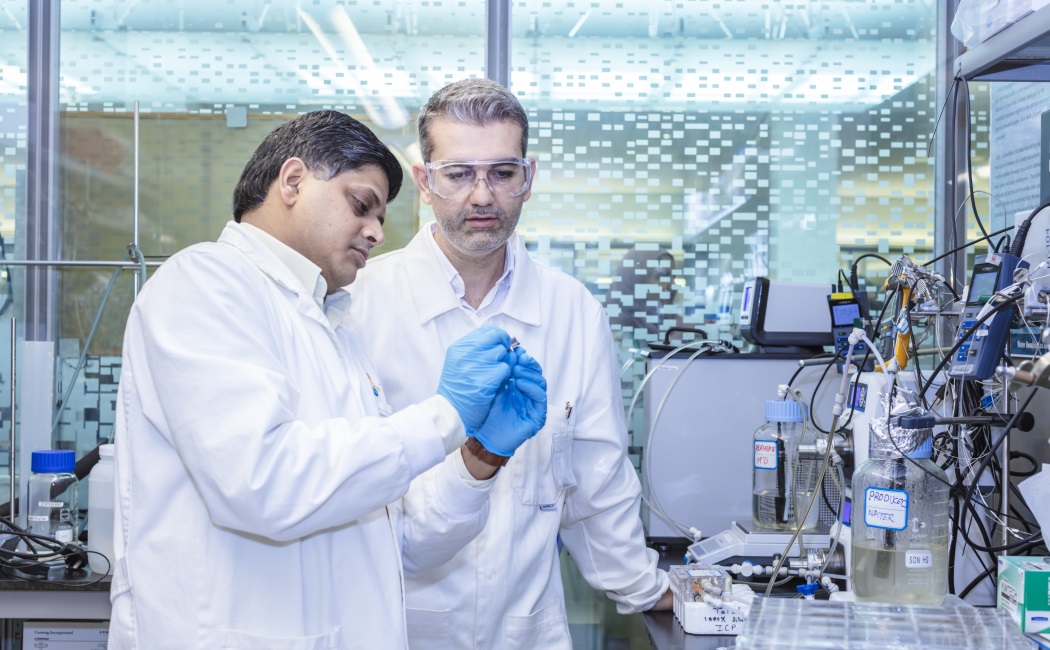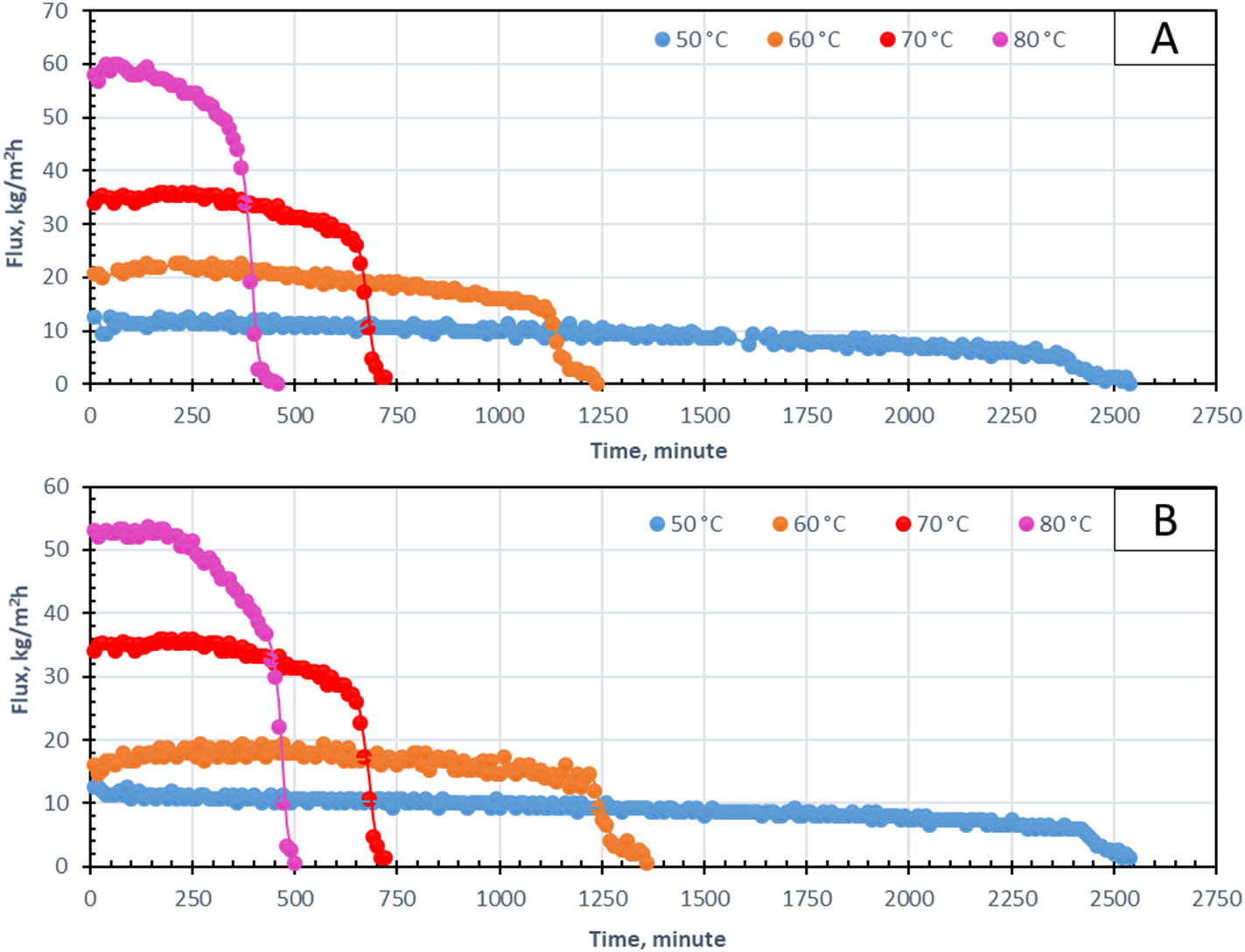

We are committed to evaluating and mitigating the environmental impacts associated with desalination and wastewater treatment. This involves a twofold approach: researching the sustainability and environmental impact of desalination processes and addressing concerns related to brine disposal through eco-friendly methods such as, crystallization, and resource recovery.

Large quantities of brine are produced at desalination plants every year, and its disposal becomes a serious environmental issue due to several associated environmental problems including high salinity, presence of antiscalants and antifoaming chemicals and its relatively high temperature which may pose a significant environmental hazard. As such, development of effective brine management strategies and potential steps towards zero liquid discharge (ZLD) technologies are necessary to not only mitigate adverse environmental impacts on marine environment caused by brine discharge but also increase sustainability of seawater desalination through resource recovery.
One example is application of emerging desalination technologies like Membrane Distillation (MD) to reduce the volume of brines produced by thermal desalination plants. The focus is on reducing the temperature of the brine discharge to an acceptable level and utilizing low-grade waste heat or renewable energy sources, such as solar and geothermal energy, to enhance process performance and water production.
Brine valorization and extraction of valuable minerals from seawater and produced brines is another focus of interest for our group.
